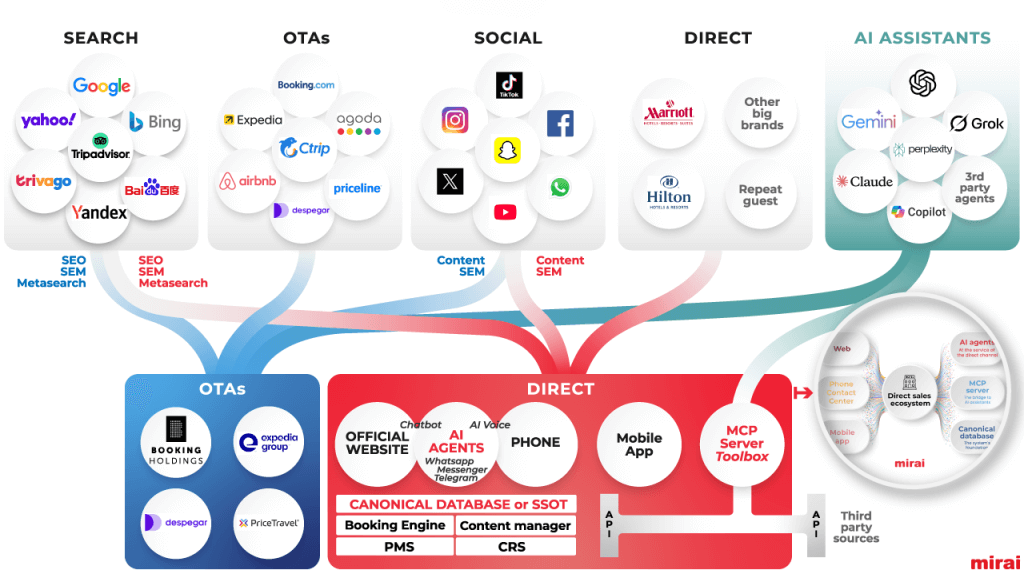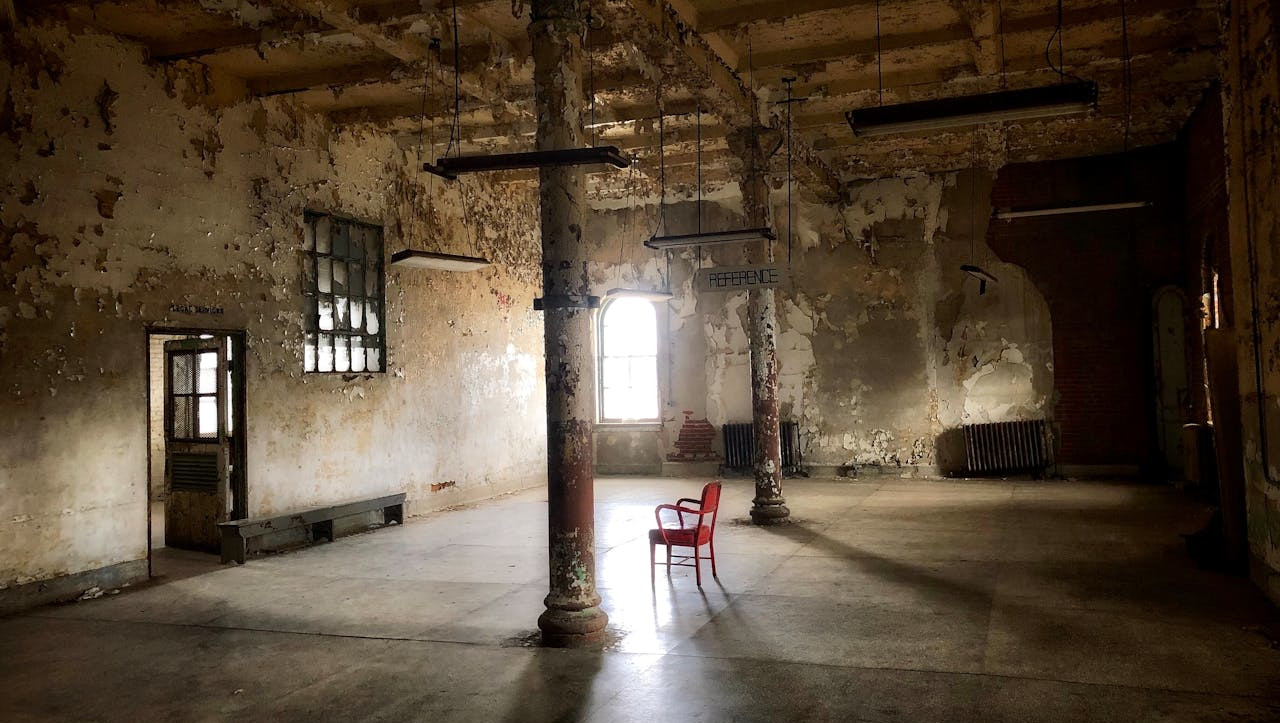
A sales strategy is vital for any hospitality business. From rural B&Bs, to high-end boutique hotels, you cannot compete without clearly defining your sales goals and planning how you’ll achieve them.
For many businesses, developing a sales strategy can be quite straightforward. They have tangible products at fixed prices. They can keep stock on hand and focus on one clear goal: sell more. Hotel sales strategies are often far more complex. We work with inventory that is time dependent. We cannot sell the same room twice, and we cannot sell an unfilled room at a later date. With that in mind, developing an effective sales strategy needs to work hand in hand with revenue management theory.
Subscribe to our weekly newsletter and stay up to date
Let Market Research Guide Your Sales Strategy
Start By Segmenting Your Market
The first step to developing an effective hotel sales strategies is to analyse your market. In order to maximize revenue, you need to understand the volume of sales and RevPAR for each group.
Analyse B2B and B2C market segments:
- Transient: independent travellers making an individual booking through OTAs and direct
- Corporate/Negotiated : travellers who come to the hotel through their company’s negotiated rate contracts
- Group: a group (reservation for 10 or more people) who stay at the hotel for leisure or business travel
- Wholesale: rooms provided in bulk to tour operates and booking agents
Once you understand your priorities, you can create tailored sales and marketing plans for each segment. These will include insights into different needs, pricing sensitivity and booking behaviours.
Identify Your Most Profitable Distribution Channels
To ensure profitability, you must look at the sales volume, revenue and cost of acquisition per distribution channel. As with segmentation, we should consider B2C and B2B sales channels:
- Direct: bookings done directly with your hotel over phone calls or emails.
- Website: reservations made through the hotel reservation system on your website
- OTAs: third party travel agencies that sell various hotels room on their platform
- GDS: Global distribution system which passes inventory and rates to travel sites (ex: Amadeus, Galileo, Sabre, Worldspan).
Direct bookings often deliver the highest revenue contribution for hotels, but can be low volume. Selling through OTAs and Metasearch can offer far greater reach, but come with high commission fees. One important performance indicator to monitor is the Net RevPAR after deducting the acquisition costs (marketing and distribution). There is not one perfect blend here. You will need to fine tune the mix to maximise sales and revenue for your hotel.
Hotel Strategies
B2B Strategies for Groups, Corporate Accounts & Wholesalers
It is important to get your B2B sales on strong foundations. Hotel B2B sales have changed a lot in recent years, evolving to a more digitized area. However, we believe that the basics and traditional concepts still stand. Here are some of our most effective strategies that you can apply in your property:
Diversification is key
Analyse your business mix and identify ways of optimization. Do you have a specific segment which is weighting heavily in your mix? For example: a hotel with too much corporate business (even worse if it’s a single corporate account) over mid week could suffer a major hit in revenue if the negotiated account decides to move to another property from one year to another. The pandemic has told us that it is very important not to have all your eggs in one basket and to remain diversified in order to survive any change in customer behaviours or trends in the market.




